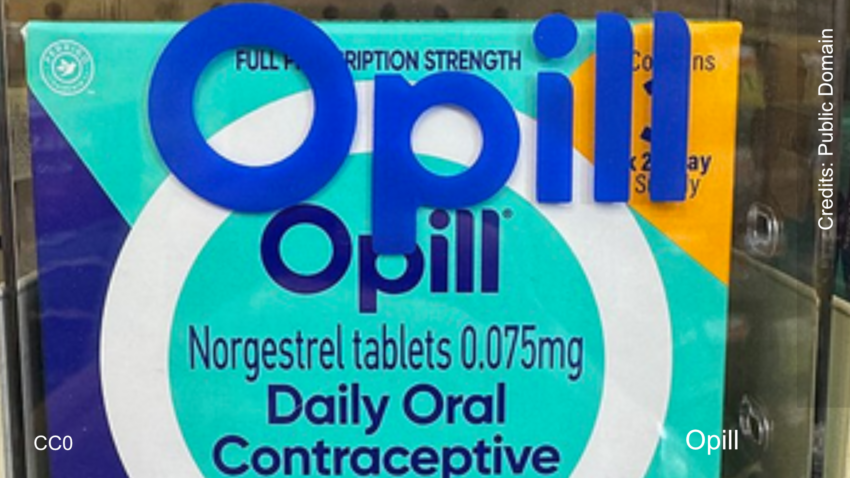The Biden administration has put forward a new proposal aimed at improving access to contraceptive products for women. If approved, the rule would require private health insurers to cover over-the-counter birth control and condoms at no cost to women of reproductive age. The proposal seeks to eliminate the need for prescriptions for these products, removing financial barriers and making it easier for women to obtain essential contraceptives.
- The Biden administration has proposed a new rule to make over-the-counter birth control and condoms free for women with private health insurance, aiming to eliminate financial and prescription barriers.
- This rule would require health insurers to cover all recommended over-the-counter contraceptives, including condoms, spermicide, and emergency contraception, without any out-of-pocket costs.
- The proposal is part of a broader response to abortion restrictions in many states after the overturning of Roe v. Wade, addressing concerns about limited access to reproductive health services.
- If approved, the rule could go into effect in 2025, though its implementation may be influenced by the results of the upcoming presidential election.
This effort is being coordinated by the U.S. Department of Health and Human Services, the Department of Labor, and the Treasury Department. Under the proposal, health insurers would be mandated to cover a wide range of over-the-counter contraceptives, including condoms, spermicide, and emergency contraception. The products would be available without requiring a prescription and would come with no out-of-pocket costs.
The proposal comes in response to recent restrictions on abortion in many states, following the Supreme Court’s decision to overturn Roe v. Wade in 2022. In some of these states, access to birth control and emergency contraception has become more difficult due to stricter regulations and limited insurance coverage.
Secretary of Health and Human Services Xavier Becerra has expressed support for the proposal, emphasizing that administrative hurdles should not prevent women from accessing contraceptive products. Currently, the Affordable Care Act ensures coverage for women’s preventive services, but the new rule would go further by removing the need for a prescription to obtain certain contraceptives.
The recent approval of Opill, the first over-the-counter birth control pill by the Food and Drug Administration, represents a significant step forward, according to the administration. Priced at $19.99 for online purchases, this marks an effort by the administration to expand access to contraception. If the proposal is approved, it could simplify the process of getting contraceptives and make them more widely available at no cost for women with private insurance.
A public comment period will follow before the rule is finalized. It is expected to take effect in 2025, though the outcome of the next presidential election could influence whether the rule remains in place or is reversed by a future administration.

